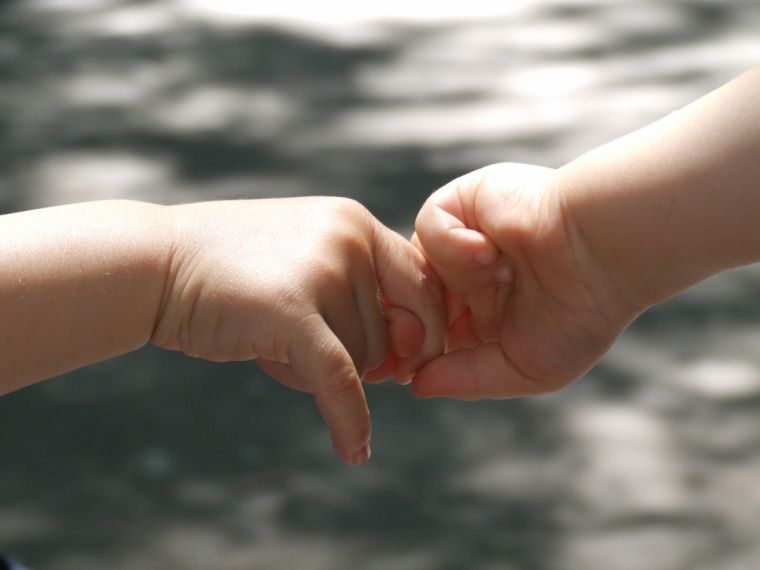Child cancer sufferers surprisingly resilient

Being diagnosed with cancer doesn't put children at greater risk of suffering post-traumatic stress disorder (PTSD), new research has found.
This is the conclusion of doctors working in St Jude's hospital in Memphis, Tennessee, who published their findings in the Journal of Clinical Oncology.
The study covered 255 of St Jude's patients between 2009 and 2012, all aged between 8 and 17 when they were first diagnosed with cancer. They included patients whose cancer had been diagnosed between one month and more than 5 years earlier.
When patients were asked to report on PTSD symptoms like persistent frightening thoughts, flashbacks, numbness, detachment, and sleep disturbances, only 2.8% had what could be medically defined as the disorder.
In real terms, this was seven patients out of the 255. Of those seven, only two had specifically cancer-related PTSD. The other five had PTSD from Hurricane Katrina, drive by shootings, and other traumatic events.
The doctors found that the frequency of PTSD among child cancer sufferers was comparable to that of the control group of 101 children of the same age group who did not have cancer.
The findings challenge previous studies putting the number of childhood cancer patients who would develop PTSD at 20% to 35%.
It also contradicted parents' own estimations of how stressed their children were.
Parental interviews conducted as part of the study suggested slightly higher rates of PTSD in both cancer patients and those in the healthy control group. Based on parent-reported symptoms, researchers reported that 5.9 per cent met the criteria for PTSD.
"These results should be very reassuring to childhood cancer patients and their families," said study author and St Jude Department of Psychology chair, Sean Phipps.
The study used standard established means of identifying PTSD, including a symptom check list and structured diagnostic interviews about events that the children identified as "traumatic".
It also found that young cancer patients were also more likely than children who experience other stressful events to report having benefited from the experience. Reported benefits included developing greater empathy and growing closer to family and friends.
The researchers say they took care not to label "cancer" as a traumatic experience with the children participating in the study.
"We know such suggestions, called focusing illusions, prime individuals to think about their cancer experience as traumatic and leaves them prone to exaggerating its impact in subjective reports," said Mr Phipps.
More than half of the patients identified their cancer as the most stressful event they had experienced. However less than 25% of long-term sufferers cited cancer in that category.
Expressing his opinion on the results, Mr Phillips said "A cancer diagnosis is a highly significant and challenging event, but this study highlights the impressive capacity of children to adjust to changes in their lives and in most cases do just fine or even thrive emotionally as a result."











